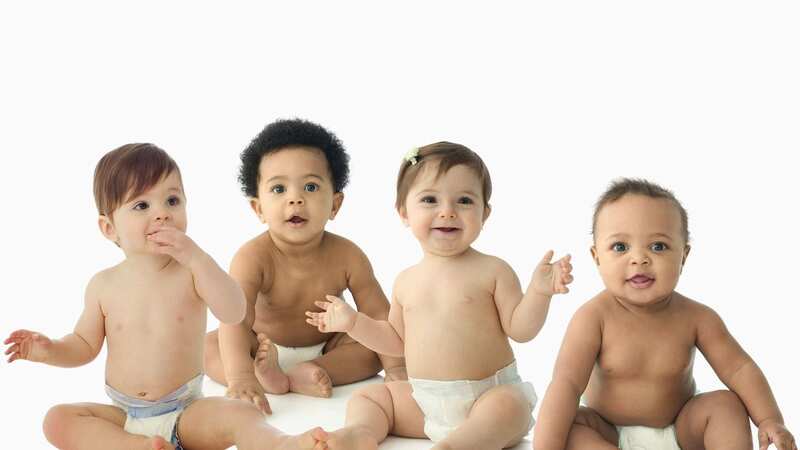Assisted conception is not a risk to long-term health

Right from the beginning of assisted conception there have been questions about the long-term health of the baby. Would those babies be less healthy than ones conceived normally?
After years of questioning it appears there’s no cause for anxiety.
A study led by Bristol University looked at whether fertility treatment, such as IVF, results in poor heart and metabolic health in babies.
The UK data comes from the excellent Bristol’s Children of the 90s world-leading health study which has followed pregnant women and their 8,660 children since 1991.
Led by international research group the Assisted Reproductive Technology and Health Partnership, the work looked at data from 35,000 babies in Europe, Singapore and Australia.
 Greggs, Costa & Pret coffees have 'huge differences in caffeine', says report
Greggs, Costa & Pret coffees have 'huge differences in caffeine', says report
It was large enough to study whether assisted conception affects blood pressure, pulse rate, cholesterol and glucose up to the early twenties.
The results showed blood pressure, heart rate and glucose levels were similar in children conceived using assisted conception and their naturally conceived peers.
And while cholesterol levels for assisted conception babies were higher in childhood, this didn’t persist into adulthood. Some had slightly higher blood pressure as adults.
Dr Ahmed Elhakeem of Bristol Medical School and lead study author said: “This is the largest study of its kind and could not be conducted without data from studies such as Children of the 90s.
“Parents conceiving through assisted reproductive technology and their offspring should be reassured that cardiometabolic health appears to be comparable in ART-conceived and naturally conceived children.
“Studies with longer follow-up would now be beneficial to examine how results might change across adulthood.”
Peter Thompson, chief executive of the Human Fertilisation and Embryology Authority, said: “Each year around 60,000 patients use fertility services in the UK in the hope of one day having a family of their own.
“Those patients should be reassured by this study which shows the heart health of those born from assisted reproduction technologies, like IVF, are no different from children conceived naturally.
“Anyone considering fertility treatment should visit hfea.gov.uk for high-quality impartial information on treatment options and licenced clinics.”
Deborah Lawlor, professor of epidemiology, Bristol Medical School, added: “This important research is only possible through large-scale international collaboration and longitudinal health studies, where participants contribute health data throughout their entire lives.
 'I tricked my sister into giving her baby a stupid name - she had it coming'
'I tricked my sister into giving her baby a stupid name - she had it coming'
“We are grateful to the European Research Council, British Heart Foundation and UK National Institute for Health and Care Research for making this possible and to all of the study participants and researchers.”
Read more similar news:
Comments:
comments powered by Disqus

































